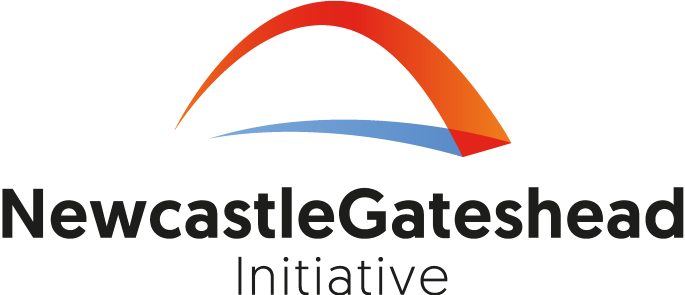Gateshead Council’s budget for the year ahead includes huge reductions in spending whilst focusing on providing services in new and more efficient ways, generating additional income and investing to help boost economic growth.
Cabinet members at Gateshead Council today (21 February) agreed to recommend to Council £13m of savings as a result of further cuts in government funding and increasing cost pressures, with the Council facing an estimated further funding gap of £70m that will need to be closed over the next four years.
The budget will see reviews in how adult and children’s services are managed and delivered, increases to some fees and charges and reductions in the Council’s library network along with significant investment in capital spending and a council tax increase of 4.99%.
To help balanced the budget, council tax will rise 1.99% as well as the Council proposing to approve the Government’s 3% precept for adult social care. The social care precept is expected to raise £2.3m and will be used to support older and vulnerable people in care homes and for around 3,000 people to live at home independently. The increase of 4.99% will put an extra 98 pence a week on a band A property.
Leader of Gateshead Council, Martin Gannon said: “The scale of the challenge we’re facing is enormous. We’ve already saved £130m over the last six years and by 2020 we won’t get any grant funding at all from central government. This comes at a time when we’ve got more older and young people to support and when the government keeps giving us more responsibilities but without the resources to deliver them.”
Council Leader Martin Gannon added: “If we don’t put up council tax we wouldn’t be able to provide essential services to the most vulnerable in our communities. The council tax increase only raises £3.8m and this in no way meets the gap in funding we have as a result of the cuts to our budgets by government.”
As well as an increase in council tax, over £205m of capital spending plans from now until 2022 were also agreed by Cabinet. This is money that can only be spent on on-going or new capital investment programmes.
Councillor Gannon said: “We can’t just keep cutting services to balance our budget. It’s essential we continue to invest in the future of Gateshead. We’re committing over £90m to encourage economic and housing growth which will bring about new jobs, new homes and increase the skills of local people.
“As a council we also recognise we need to work differently so we can generate our own income. This can then be reinvested to help pay for the essential services needed by the most vulnerable in our communities.”
Planned investment within the capital spending plans is targeted at the following priorities:
- £90m to encourage economic and housing growth, including projects at Gateshead Quays, Baltic Business Quarter and Follingsby Enterprise Zone
- £11m housing development schemes including affordable housing at West Park, Bleach Green and sites earmarked for development by the Council’s joint venture, Gateshead Regeneration Partnership
- £5m to support growth in the digital technology sector
- £7m to support improving the Gateshead Town Centre Energy Network
- £2.5m completion of new build primary school at Ravensworth Terrace, Birtley
Since 2010 the council has 2,100 fewer jobs. Although this year numbers are smaller than in previous years, it still expects to lose 88 further posts next year. The Council will continue to work closely with trade unions to try and avoid compulsory redundancies.
Councillor Gannon said: “We may not be able to do the things we did in the past, but we remain a strong and ambitious council. By working more closely together with our partners and local communities across Gateshead, we‘re determined to protect essential services for those most in need whilst also investing in the future to help generate new jobs, improve education and skills and ensure Gateshead is a great place to live, work and visit.”
A full Council meeting on February 23 will discuss the Budget recommended by Cabinet.
